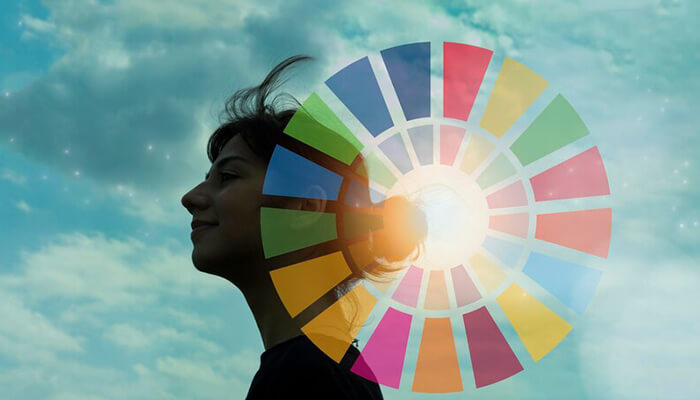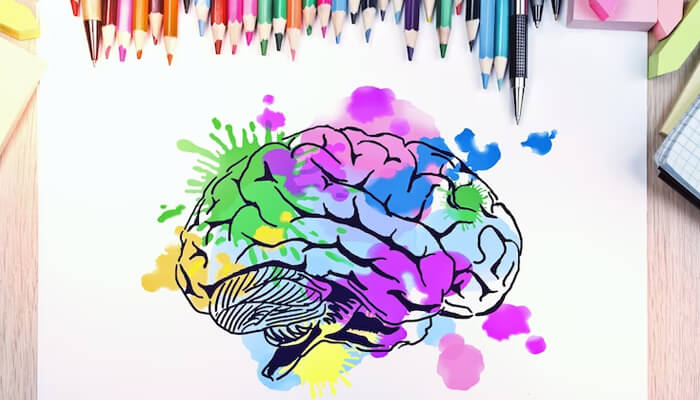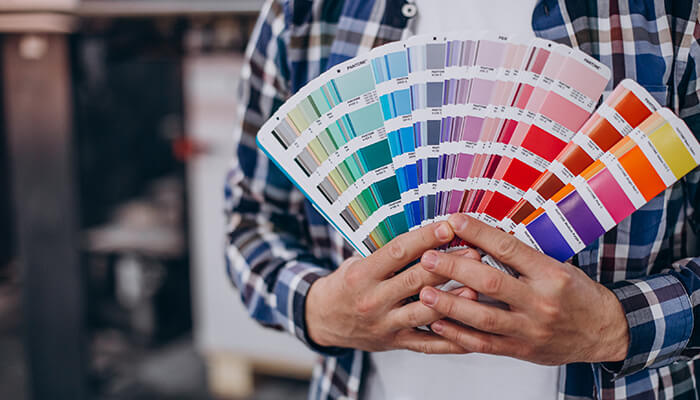Color affects subconsciously and automatically. It is the foremost thing attracting people, and color psychology leave a lasting impression. It hinders or hurts the efforts of marketing. It offers businesses an edge over the competition.
10 Steps to Use Color Psychology to Give Your Business an Edge
1. Induces Emotional Responses
Colors induce emotional responses. There is no universal truth about color psychology, and different cultures display emotions through certain colors. Colors attract feelings, while certain shades remind something harsh. Despite exceptions, basic generalities of colors evoke behavioral responses and specific emotions.
2. Yellow isn’t a Hit
Painting yellow in public spaces is not a choice, as many do not like this color. Nevertheless, people liking yellow color has a huge preference for and favors it over other colors. Yet, yellow is the least choice of colors as a favorite, so pick colors that appeal to the masses. People inspire others with the yellow color, and their leadership skills align with their inspirational leadership qualities.
3. Keep it Simple
Choosing accurate color combinations helps target the audience. People like simplicity, and websites prefer simple designs. Visual content is about delivering more in a short time more information. Perceiving an image or a picture often takes hearing or reading a long time to process. Appealing color combinations are easier to remember and pleasing to the eye. Including two or three colors looks simple and attractive.
4. Red Reduces Analytical Thinking
The red color is a sign of force and speed and is the reason most sports cars are red. Red is a sign of boosting energy, but it is short-lived, reducing analytical thinking. Research indicates that red attracts a mate, but is not of use to complete tasks. Yet many online businesses use red color, blending other colors as it looks bright.
5. Changes in Perception of Temperature
Wall color changes the perception of temperature. Warm colors are yellow, red, and orange, giving the room a warm feel. Cool colors are green, blue, and light purple, giving a feel of colder temperatures. Business owners use the heating and cooling colors to their advantage. In a cold environment, the entryway may have a warm color painting, giving a warmer feel. It is a way of showing leadership skills.
6. Perform color tests with the audience
The reality is to target audience, and know how they respond to colors is crucial. Consider testing different tones, shades, or tints in the color palette. Test two colors in different backgrounds or add buttons to see your audience’s preference. It helps increase foot traffic to your site.
7. Brand Personality
The image, mood, and feeling of a brand create the persuasion role. It begins with the colors used in the brand. Choosing colors makes sense and matters to make people choose your products. Studies reveal that recognizable brands doing online business give importance even to logo colors.
8. Create a color palette
Keeping colors consistent is vital for any business. If not, it looks spammy. Work before settling for a color scheme and set some standards. If you have no brand color palette, consider these common color palette types:
1. Complementary- It is to use opposite colors and create high contrast.
2. Analogous-Use colors on the color wheel, keeping them close to each other.
3. Monochromatic-Using different tones or shades of the primary color.
Generate your color palette using free tool colors.
9. Get Inspired watching other brands
Getting better at color psychology is possible only by paying attention to others brands, websites, and ads. The aim is to target Gen-Z and millennial consumers. The green font offers a trendy and earthy feel. Blend it with natural colors such as cream or light peach. Greens in a variety related to more creativity and broader thinking. It presents a positive association between regrowth and nature.
10. Add Blue
Blue is a wide choice to target the audience. Rely on it for the basics of color psychology. It is to incorporate it into the workflow of marketing. Even if you are in doubt, add blue, and it will work favorably as it is the most favorite color.




